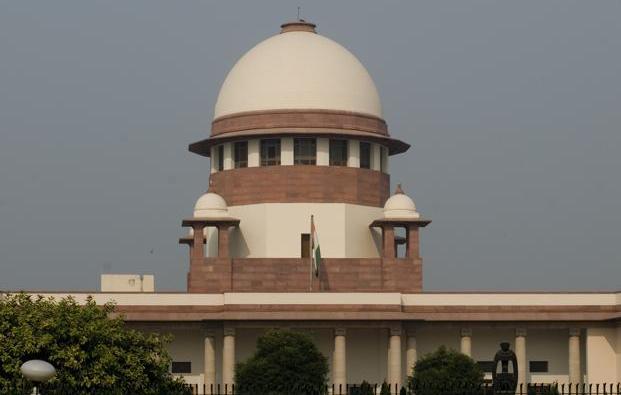New Delhi: The Supreme Court Tuesday asked the Centre to inform it about how many special courts have been set up to exclusively deal with cases involving politicians after its order last year.
The top court had December 14 last year directed the Centre to set up 12 special courts to exclusively deal with cases involving politicians and said that these should start functioning from March 1 this year.
A bench headed by Justice Ranjan Gogoi Tuesday asked the Centre to inform the court whether these special courts were courts of sessions or magisterial courts and also provide details of their territorial jurisdiction.
The bench asked the government to inform it about the number of cases pending before each of these special courts, along with the break-up of magisterial and sessions triable cases there.
It also asked the government whether it intended to set up additional special courts over and above the courts already set up.
The bench said these details should be placed before it and posted the matter for further hearing August 28.
The counsel, appearing on behalf of the Delhi High Court, informed the bench that two special courts — one sessions and one magisterial — have already been set up.
The bench asked the Registrar General of the Delhi High Court to file an affidavit on or before August 28 indicating further details in this regard, including the number of cases transferred to these two special courts.
During the hearing, advocate Ashwini Kumar Upadhyay, the petitioner in the case, told the bench that the Centre had filed an affidavit in the matter but its copy has not been served upon him.
While the counsel representing the Centre told the court that an affidavit was filed by the government in March this year, the bench asked her to give a copy of affidavit to the petitioner.
The top court, while referring to the Centre’s affidavit, observed that it contained “incomplete information” as the government has said that they were in the process of compiling the information received from the states.
The bench also asked the Centre to apprise it by August 28 about the queries posed by the court to the government November 1 last year.
November 1 last year, the bench had asked the Centre as to “how many of 1,581 cases involving Members of Legislative Assembly (MLAs) and Members of Parliament (MPs) (as declared at the time of filing of the nomination papers to the 2014 elections) have been disposed of within the time frame of one year as envisaged by this court by order dated March 10, 2014….”.
“How many of these cases which have been finally decided have ended in acquittal/conviction of MPs and MLAs, as may be,” the court had asked the Centre, adding, “Between 2014 and 2017 (as on date) whether any further criminal case(s) has been lodged against any present or former legislator (MP/MLA) and, if so, the detail(s) thereof, including detail(s) with regard to the disposal of such case (s)”.
In December last year, the apex court had perused the additional affidavit filed by the Centre in the matter in which the government had proposed the setting up of 12 special courts to deal with the cases involving politicians and had said that Rs 7.8 crore would be earmarked for it.
The apex court had said the “main issue” relating to a life ban on convicted politicians would be taken up for hearing later.
The top court was hearing the petition seeking to declare the provisions of the Representation of the People Act, which bar convicted politician from contesting elections for six years after serving jail term, as ultra vires of the Constitution.
